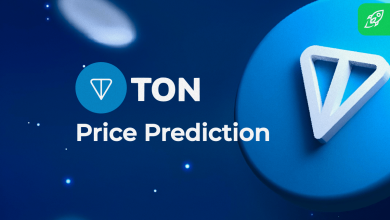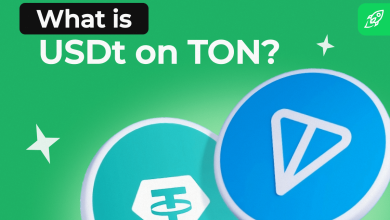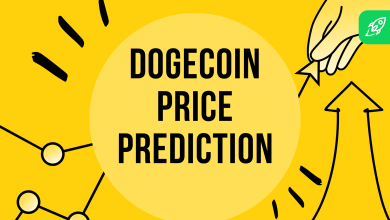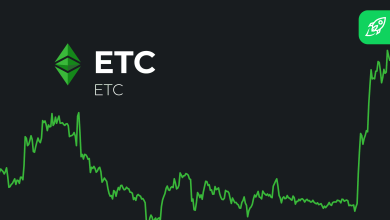How to Make More Money as an Indie Game Developer?

Gaming is a global phenomenon, and gamers are passionate about what they do. This explains why gaming as an industry exploded to command hundreds of billions at the height of the global healthcare crisis from 2020.
Blockchain Benefits Developers
Analysts pin this expansion to the rise of cryptocurrencies, the free time due to aggressive contagion measures instituted by governments, and most importantly, the integration of new play-to-earn models which prioritized the player—not the publishing agent or company. From this model, gaming platforms deploying from public blockchains like Ethereum, the Binance Smart Chain (BSC), or even Solana could easily reward users with valuable project tokens and in-game assets existing as NFTs, a win-win for all stakeholders, including developers.
Specifically, the surge of NFTs and the popularity of DeFi were primers fueling the adoption of fair play-to-earn models in games. Thus far, DeFi is an exciting facet of blockchain that’s slowly being fused with NFTs, changing the face of gaming and accelerating the shift from centralized architecture to player-facing and decentralized arrangements beneficial for the player.
This gradual migration is already forcing video gaming development companies to change tactics. By the end of 2021, most developers in the U.S. and the U.K. were considering adding play-to-earn models and integrating with the blockchain. At the same time, due to the decentralized, global reach of DeFi and NFTs, an even bigger percentage of game developers were exploring these facets of blockchain.
The decentralization and open-source nature of public blockchains allows for collaborative development. It is especially the case in leading high cap networks like Ethereum, whose code refining is spearheaded by global developers keen on ensuring its code functions as intended.
Besides the interaction, developers can also get a chance to improve their coding skills—by learning tips and tricks on developing better for even more high-quality products. The communal aspect of blockchains also translates to a more robust and secure base layer for developers to build on. From this, independent game developers can easily and quickly transform their concepts into functional prototypes that may be valued in billions as adoption increases.
Indie Game Developers Supported
GG DAPP aims to resolve these pain points by providing indie gaming developers with a blockchain-reliant, smart contract-driven portal to make money and quickly expand to a global audience easily. By supporting cryptocurrencies like GGTK, GG DAPP’s native tokens, a play-to-earn model, and NFTs via a clean interface, it is easy for players to make in-game purchases, directly supporting the developer.
At the same time, investors will be able to stake their GGTK to support indie game developers receiving the game’s native token from anywhere in the world. In this way, investors can research and invest in potential gaming projects initiated by indie developers and stand to earn a decent return on investment as the game finds success on launch. Meanwhile, indie developers can earn GGTK from the rewards mechanism, depending on the amount of stake their project has in the platform.
Problems Faced by Independent Developers
Traditionally, the main problem faced by independent gaming developers is the capital limitation and the right platform to deploy from. Because of capital struggles, it becomes a mountain for game developers to get their products into the hands of willing gamers. However, another massive challenge beyond development and marketing is the difficulty for gamers to purchase independent games or even buy across different platforms.
The absence of a reliable universal platform can be zeroed into the problems associated with a centralized payment system where traditional gaming portals could be required to use a given payment method like Credit Cards.
The problem is, a given payment system may be popular in one area but with frustratingly low penetration in other zones. In the U.S., for example, a game developer accepting credit or debit cards may find success but struggle to break through in South East Asia or Africa, where mobile payments rule.
The presented content may include the personal opinion of the author and is subject to market condition. Do your market research before investing in cryptocurrencies. The author or the publication does not hold any responsibility for your personal financial loss.





